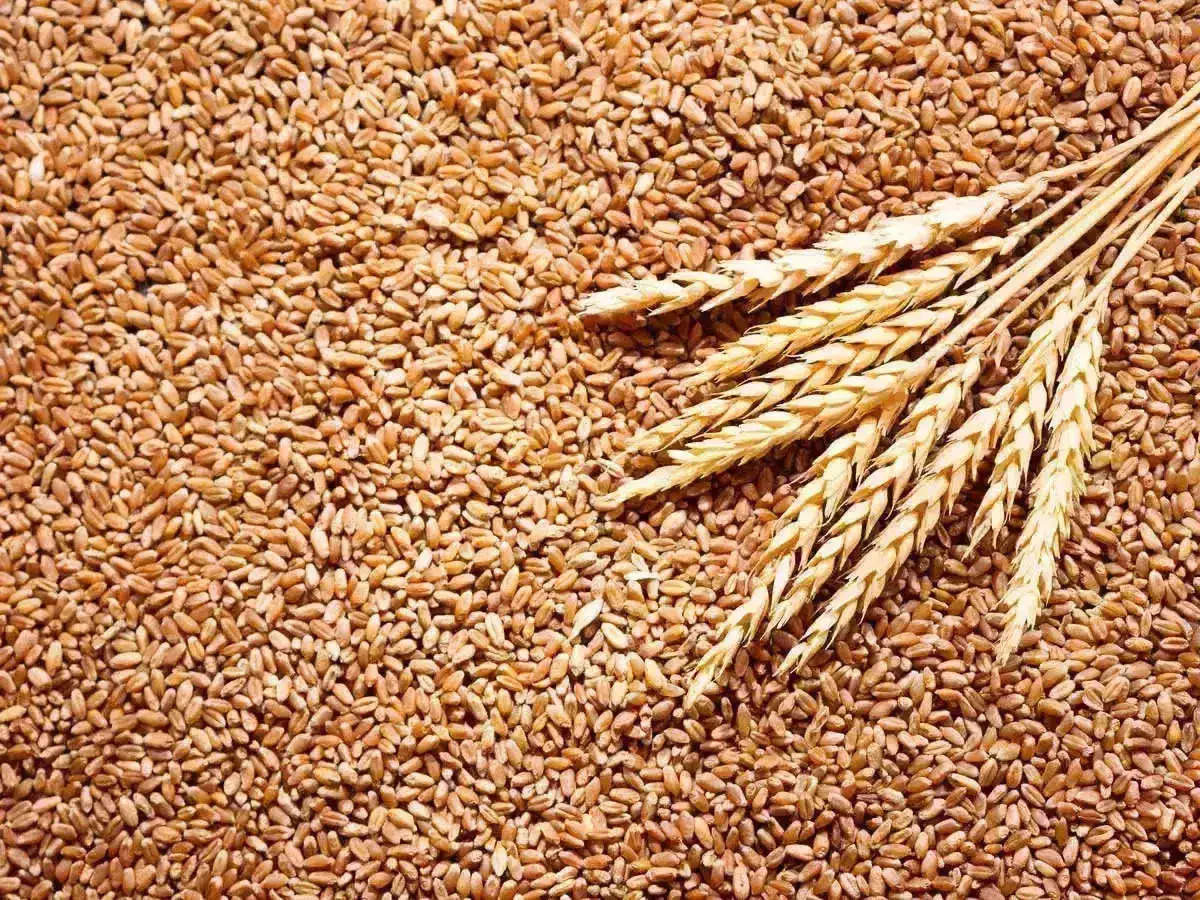The RFMFI also requested the government to allow import of some wheat to “bolster supply” in the market and allow exports of some wheat products such as chakki atta for Indian diaspora.
India produced 110.55 million tonnes achieved in the 2022-23 crop year, according to the government. However, according to Agriwatch last year the production of the staples was around 102.9 million tonnes.
A robust yield will help in auguring the supply of the cereal in the domestic market where there is only limited availability due to lower-than-expected yield on account of erratic weather patterns.
A supply crunch led to an increase in prices, forcing the government to offer wheat from its own stocks to traders and millers. This has resulted in a depletion in the stock owned by the Food Corporation of India (FCI) to a seven-year low.
The harvesting of wheat, the main rabi (winter) crop, and its procurement has already begun in several states such as Madhya Pradesh, Gujarat and Rajasthan.The government has set a conservative procurement target in the range of 30-32 million tonnes for the 2024-25 rabi marketing season (March-April), as against the actual procurement of 26.2 million tonnes in the previous year.Wheat is procured by the central and state agencies at a minimum support price (MSP) of Rs 2,275 per quintal.
In 2022, the government had to impose a sudden ban on wheat exports after aggressively campaigning to increase exports, due to a major dip in production on account of extreme heat in February in the main producing states.
Food inflation, which accounts for nearly half of the overall consumer price basket, rose 8.66% in February, compared with a 8.30% rise in January. Prices of cereals were 7.60% higher year-on-year in February compared to 7.83% in the previous month.
The uncertainties in food prices have worried policymakers as India’s foodgrain production is estimated to be 6.1% lower in the 2023-24 crop year (July-June) because of poor monsoon caused by the El Nino weather phenomenon.
This could potentially add to inflationary pressures ahead of the general election in which Prime Minister Narendra Modi is seeking a third term.











